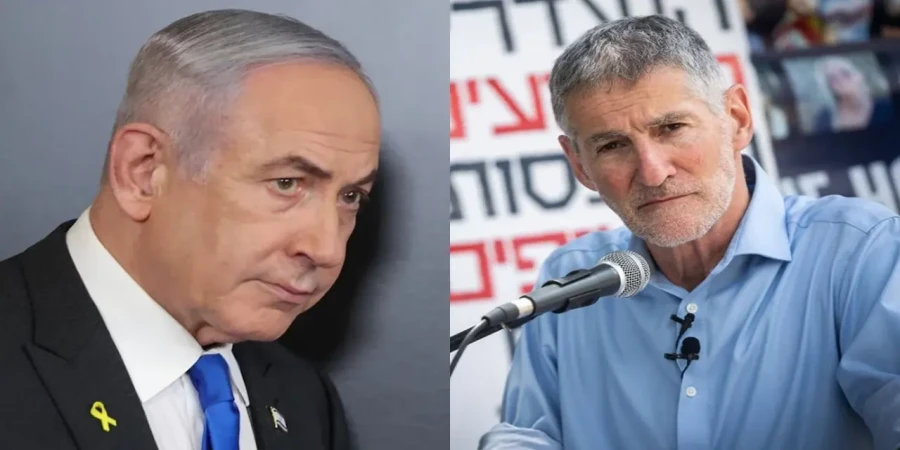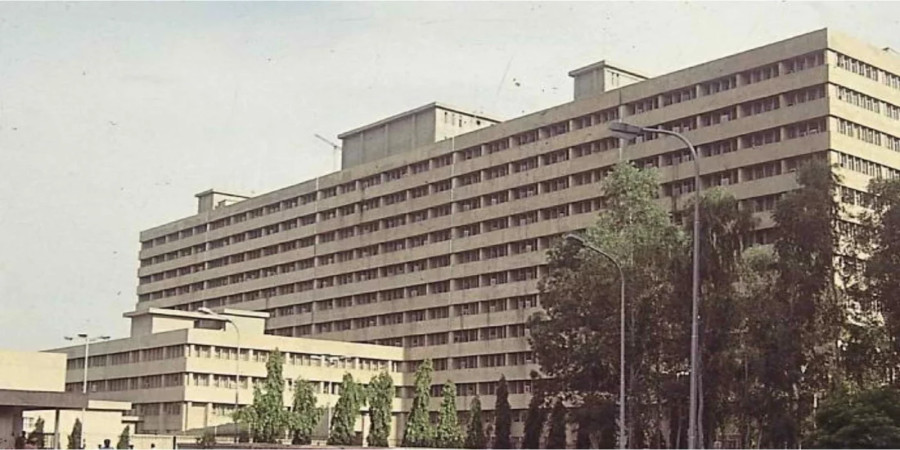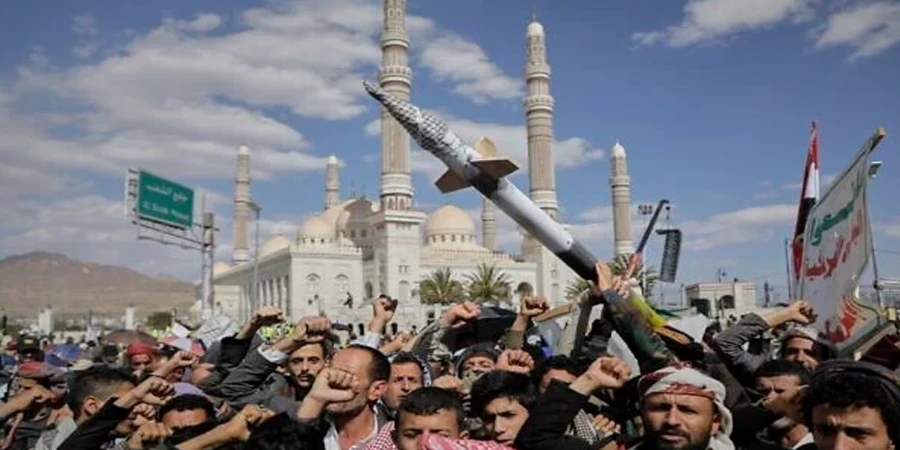
ছবি: Photo: Collected
Israeli Prime Minister Benjamin Netanyahu has been accused of having no intention to end the ongoing war in Gaza, with opposition leader Yair Golan alleging that Netanyahu seeks to perpetuate the conflict to strengthen his political standing. Golan, a prominent figure in Israel's Democratic Party, claims that Netanyahu prioritizes his personal and political interests over the lives of Israeli citizens and the possibility of a ceasefire.
In an interview with the Israeli daily newspaper Maariv, Golan stated that Netanyahu is deliberately maintaining a state of emergency and continuous unrest to keep pressure on Israeli citizens. According to Golan, this strategy benefits Netanyahu politically, as it allows him to consolidate power and divert attention from other pressing issues.
Golan further criticized Netanyahu for his apparent indifference to the human cost of the war. He argued that the Prime Minister shows no concern for the soldiers who have lost their lives or the civilians trapped in Gaza. Instead, Netanyahu's sole focus appears to be on leveraging the conflict for his political advantage.
The opposition leader also accused Netanyahu of avoiding the second phase of ceasefire negotiations. Golan pointed out that Israel had previously signed an agreement stipulating that the second phase of talks should begin on the 16th day of the initial ceasefire. However, Netanyahu's government has been evading these discussions, raising questions about its commitment to a long-term resolution.
Golan emphasized the need for a sustainable ceasefire and called for Israel to withdraw from most parts of the Gaza Strip. He argued that those advocating for the release of hostages must understand that achieving a lasting peace requires significant compromises and a shift in strategy.
This is not the first time Golan has criticized Netanyahu's policies. He has consistently opposed the current government's approach to the Gaza conflict, accusing Netanyahu of exploiting the war for personal and political gain. Golan's outspoken criticism reflects growing discontent within Israel's political landscape, with many questioning Netanyahu's motives and leadership during this crisis.
The prolonged war in Gaza has sparked intense debate within Israel, with opposition leaders and analysts warning that Netanyahu's actions could lead to further political instability. By prioritizing short-term political benefits over a sustainable resolution, Netanyahu risks fueling larger opposition movements and deepening divisions within the country.
The situation in Gaza remains dire, with civilians bearing the brunt of the conflict. International observers have called for an immediate ceasefire and a return to negotiations, but Netanyahu's reluctance to engage in meaningful dialogue has complicated efforts to achieve peace.
Golan's remarks highlight the growing frustration among Israeli citizens and political leaders who are increasingly critical of Netanyahu's handling of the crisis. As the war drags on, the pressure on Netanyahu to change course is likely to intensify, with potential implications for Israel's political future.
In conclusion, the allegations against Netanyahu underscore the complex interplay between politics and conflict in Israel. While the Prime Minister's supporters argue that his tough stance is necessary for national security, critics like Golan believe that his actions are driven more by personal ambition than by the best interests of the country. As the war in Gaza continues, the debate over Netanyahu's leadership and the path to peace will remain at the forefront of Israel's political discourse.
repoter






